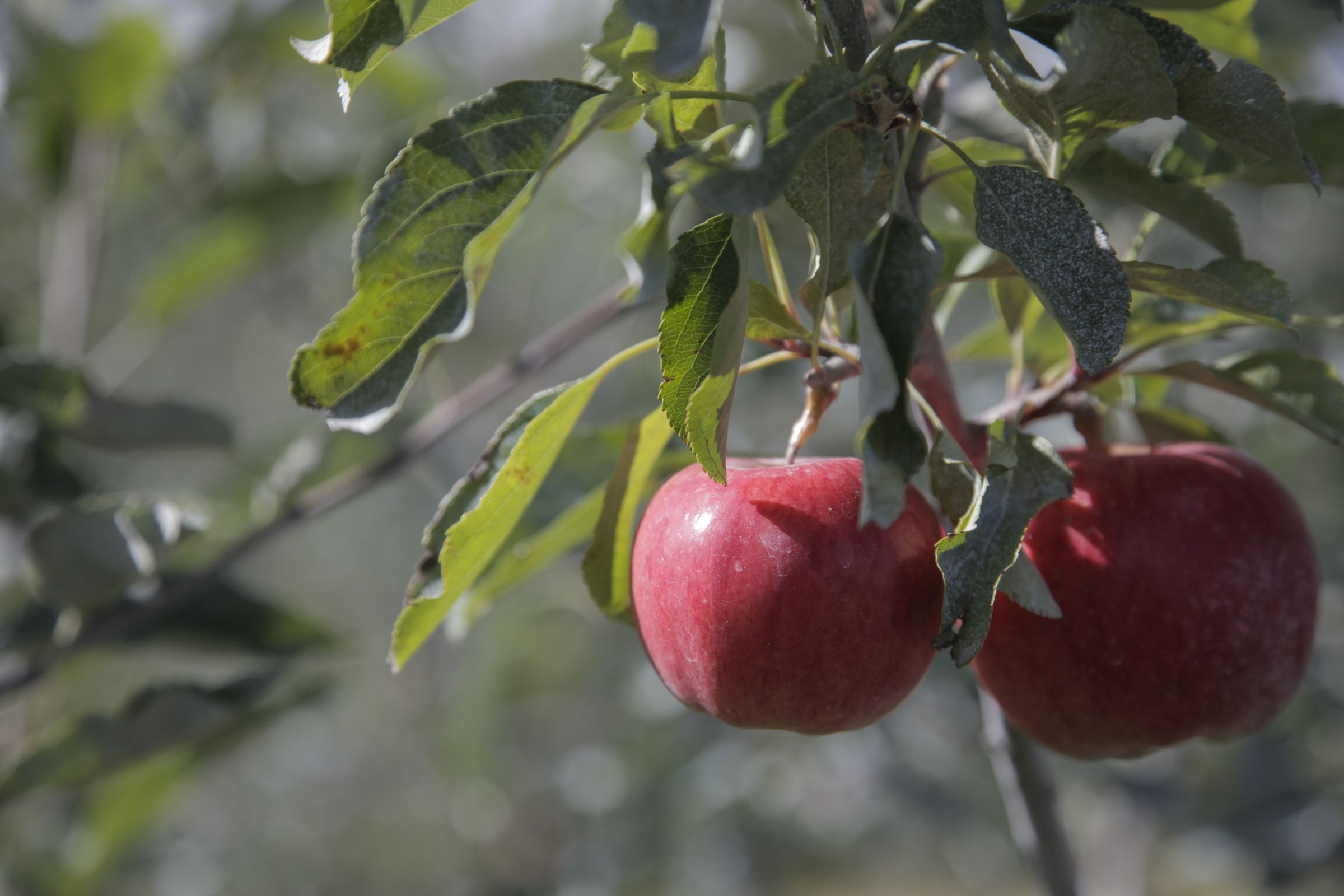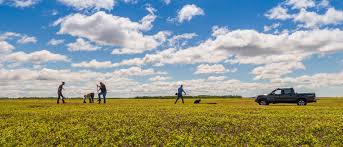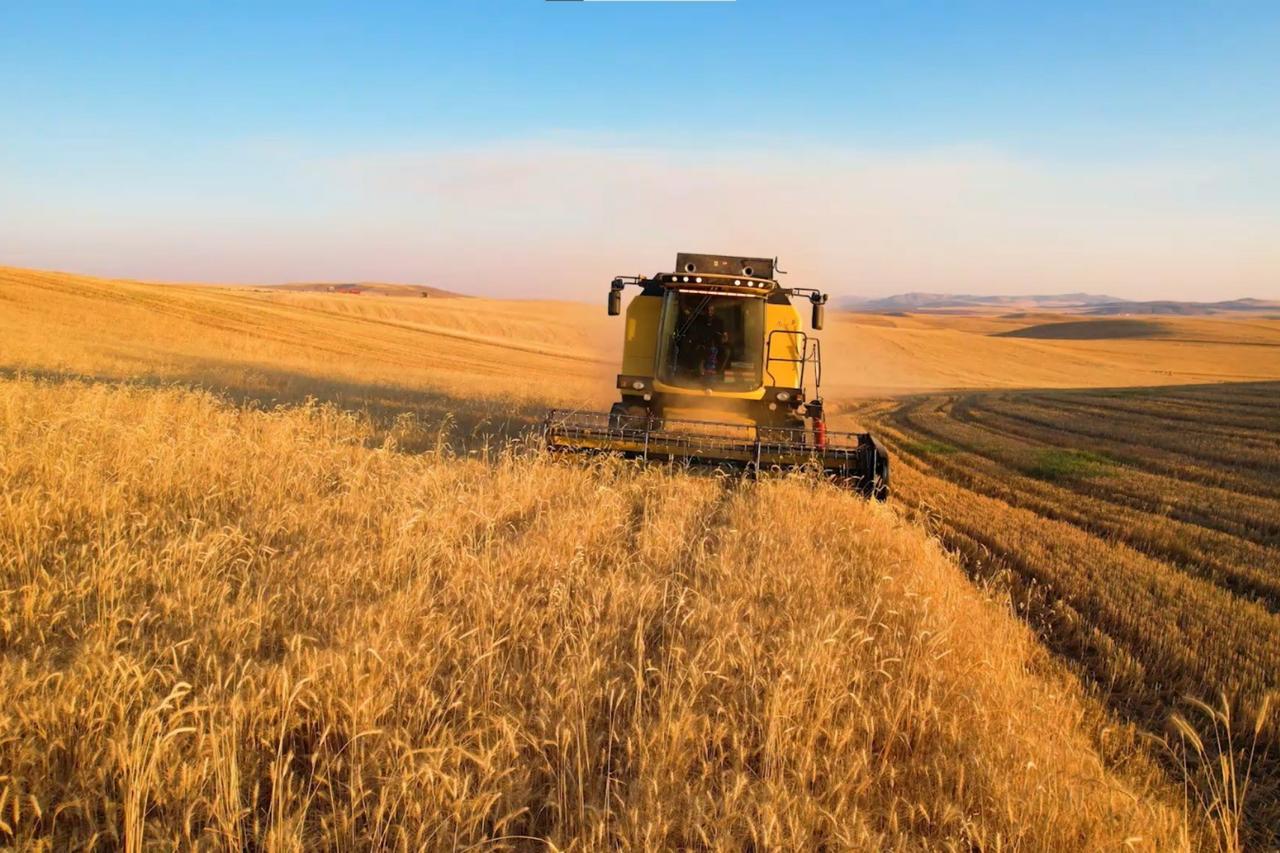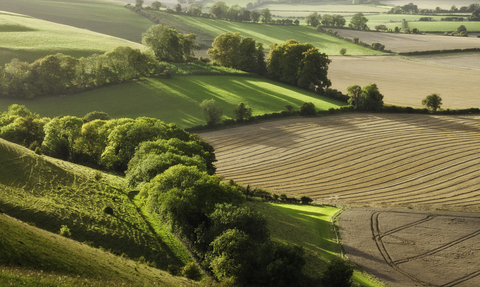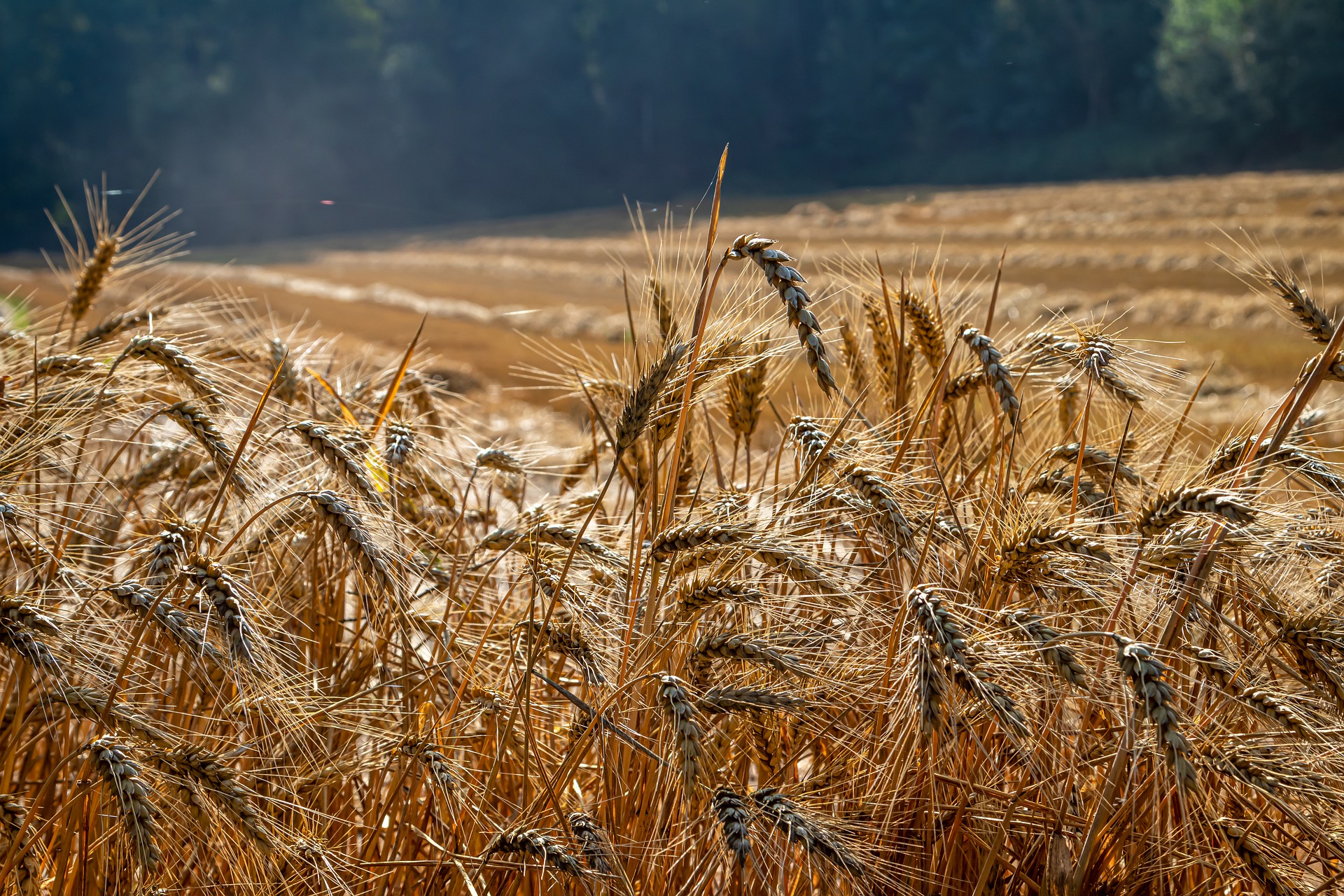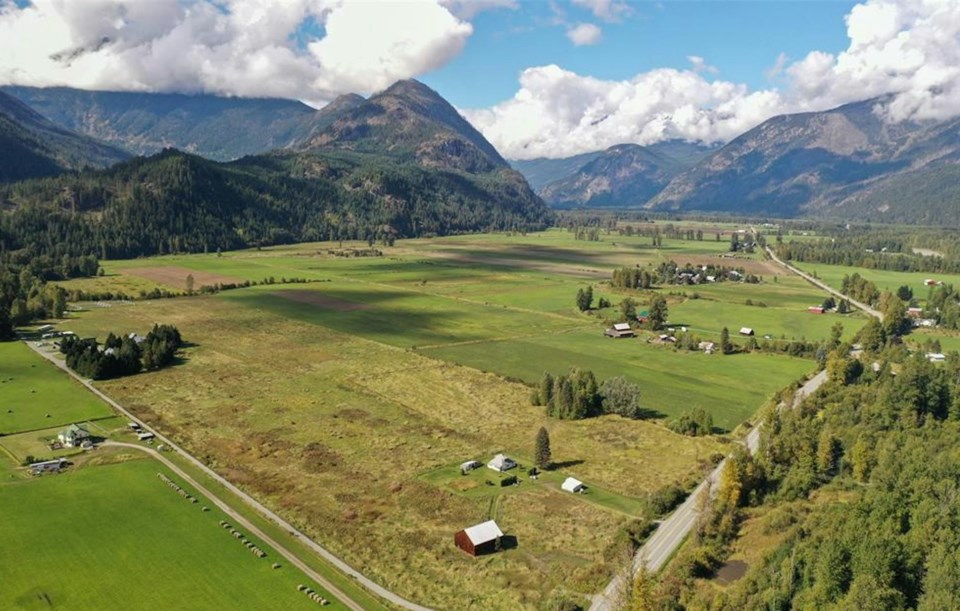May is considered to be the first month of the summer season in Kashmir. This year, however, cold weather and extreme precipitation have prolonged, disturbing farming activity in the region.
During the months of April and May, cold weather coupled with rains, snow, and hailstorms, have badly affected apple orchards and paddy fields in the Valley.
Apple growers say that like in the previous years, the temperature again increased in March this year, which led to the early sprouting of apples. But in April, the temperature dropped sharply due to incessant rains which affected the blossoming stage of apples and other crops.
What Weather Analysts Say
“The untimely rains disrupt the spraying schedule of apple orchards set by the department of horticulture due to which the scab and other diseases hit the crop at an early stage. Rains and hailstorms may have spoiled our crop which can be vividly seen once the crop is ready for the harvest,” said Sajad Ahmad Nanwai, an apple grower of Marhma village in south Kashmir’s Anantnag district.
According to weather analysts during the previous year, Srinagar recorded the warmest temperatures in the month of March in 131 years with the maximum temperature reaching 27.6 degree Celsius. But this year the temperature did not reach 27 degree Celsius but it was again high compared to the average temperature.
Faizan Arif, an independent weather forecaster, said that this year the weather in March stayed dry but frequent and heavy spells of rain dipped the temperature in April and May due to which the farming activity got disturbed.
“Around 20 percent excess rainfall was recorded in the month of April and May and most of the rain spells hit the region in one go. The precipitation which was expected throughout the month was recorded within hours. For example, in April 2017, Srinagar recorded 80 mm of rainfall in 24 hours which otherwise was expected throughout the month. Such weather events naturally hit the farming activity and it is a big sign of climate change,” said Arif, professionally known as 'Kashmir Weather’.
The Perils of Unprecedented Snowfall
During the first week of May, unprecedented snowfall and hailstorms hit the upper reaches of South Kashmir’s Kulgam, Shopian, and Pahalgam, causing damage to crops and orchards.
Adnan Ali Khan, an apple grower in south Kashmir’s Shopian district said that incessant rains and hailstorm has damaged the leaves, crop as well as trees to an extent that for the next two years, the crop development and fruit set can get heavily impacted.
Khan who is a resident of Pinjoora village in Shopian, properly known as the apple bowl of Kashmir said: “The villages including Hirpora, Zawoora, Saidpora, Bijbehara, Tangmarg and adjoining areas in southern Kashmir witnessed hailstorm which means the growers would not get sufficient A-grade produce this year. The damaged apples do not fetch good rates in the market due to which the growers incur heavy losses during the harvest season.”
Dr Tariq Rasool, associate professor at the division of plant pathology, at Sher-i-Kashmir University of Agricultural Sciences and Technology (SKUAST), said that incessant rains can trigger different diseases in apple orchards. "Frequent wet spells during the blossoming stage can cause infection and scab to apple orchards. More rains bring more scab and also hampers the growth and size of the apple crop."
Rasool added that due to extreme erratic weather, the schedule of spraying vital pesticides gets disturbed and the fungicide spray on apple trees also gets washed away. "Every year the apple growers in Kashmir spend Rs. 700-800 crores on pesticide sprays but the frequent rains do not let growers do timely sprays in their orchards," he added.
Regular Wet Spells and Low Temperatures
Jammu and Kashmir’s apple industry, worth Rs 8,000 crores, is the backbone of the Union Territory’s economy where more than 3.5 million people are directly or indirectly associated with apple trade, contributing to about 8 percent to the region’s GDP. The Valley also exports around 18 lakh metric tons of apples annually and produces 75 percent of India’s total apple production.
Director of Horticulture, Kashmir, GR Mir said that the increased precipitation during the bloom stage hampered the cross-pollination in the apple fruit crop.
"The regular wet spells and low temperatures during the past three months have badly affected the pollination of apple orchards across Kashmir triggering concern of a decrease in production during harvesting season later this year. During rains, bees do not come out and therefore no pollination takes place due to which the fruit production goes down," he added.
Mir added that low temperatures followed by rain which started during mid-March and intermittently continued till mid-May have affected the “fruit set” of apples — a transitory phase from the flower pollination to the fruit development in plants.
Beyond Apples: The Paddy Problem
Similarly, the incessant rains and low temperatures have affected and delayed the growth of paddy nurseries in Kashmir following which farmers have started re-sowing paddy.
“The persistent rains and low temperatures this year have affected most of the paddy nurseries. We are uncertain if sown paddy in nurseries would fetch any result or not,” said Mansoor Ahmad, a young paddy farmer from north Kashmir’s Baramulla.
Ahmad added that erratic weather has damaged the paddy seedlings and in many areas the seedlings were found weak, forcing farmers to resow paddy. “The farmers have suffered economic losses at the sowing season only and given the ongoing unfavourable weather we are apprehensive about the crop failure this year.”
The paddy farmers are also worried after reports regarding the erratic weather harming the seeds that emerged from central Kashmir’s Budgam district.
“Because of the cold weather, we have resown the paddy for the third time and yet we are not sure how the crop will be this year. Around 60-70 percent of paddy nurseries received damage in Poshker, Khag, Beerwah, Khan Sahib, and Aripanthan villages due to hailstorms and snow in nearby mountains,” said Naseer Ahmad Chopan, a 28-year-old farmer.
Chopan who has 12 kanals of paddy land (one kanal is equal to 0.125 acre) added that paddy seedlings in nurseries require one or two weeks of dry weather but the frequent rains did not let nurseries grow.
Arif said that for any crop including rice, the staple food in Kashmir to grow sunlight is vital and when the sunlight falls it can lead to crop loss. “Due to climate change, the chances of damage to crops due to untimely snowfall, hailstorms, cloudbursts, and heavy rains have increased.”
Official figures revealed that around 3.15 lakh hectares of land are cultivated in Jammu and Kashmir and paddy, which is the most common crop in the region, is grown on 1.41 lakh hectares of land.
Tahir Ahmad Tahir, agriculture extension assistant said that this year the paddy production may decline because of the delayed season triggered by the cold weather. “Paddy has 120 days maturity period which means our rice plantation would go till the 21st of June instead of the 10th of June. When seedlings are not fit for planting the farming season can get delayed. The delay may hit the tillering stage and can hamper the growth of paddy.”
Tahir who works with the Department of Agriculture, Kashmir, said erratic weather followed by hailstorms have severely affected the apple crops, which were in a blooming stage in north Kashmir. “A lot of growers reached hailstorm has left small hail marks spots and dots on the apple crop at various places."
Source - https://www.thequint.com


